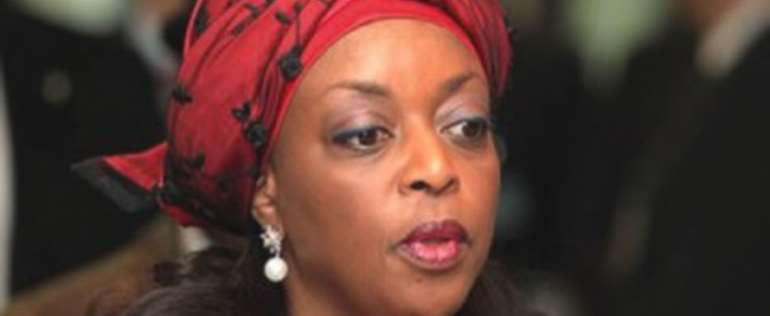FG shuts out briefcase importers, restricts fuel importation to 20 suppliers

To ensure that only credible and professional suppliers engage in fuel import in the country, the Federal Government has pre-qualified about 20 international and indigenous petroleum products suppliers to import petrol into the country.
The Executive Secretary, Petroleum Products Pricing Regulatory Agency, Mr. Reginald Stanley, who said this during an interactive session with journalists in Lagos on Monday, noted that the list of 20 products suppliers was compiled following a very stringent process.
He stressed that the list, which was awaiting the approval of the Minister of Petroleum Resources, Mrs. Diezani Alison-Madueke, would soon be made public.
The implication of this, according to the PPPRA boss, is that only pre-qualified traders will be allowed to supply products to the Nigerian market.
Though Stanley refused to disclose the names on the list, it was gathered that some of the pre-qualified suppliers included some oil majors operating in Nigeria and other international suppliers such as Vitol, Transfigura and Glencore. Indigenous companies such as Oando and Sahara Energy were also said to have made the list.
Stanley said, 'About 20 suppliers have been pre-qualified for petroleum importation into Nigeria. We will soon publish the list of international suppliers into this country. Once the list is published, you cannot import petroleum products into this country if you are not there.
'The next thing is for the pre-qualified suppliers to sign a bond with government agencies regarding playing by the rules in the oil and gas sector. If any of them breaks set out rules as far as fuel importation in the country is concerned, it will be de-listed and will not be able to do business in Nigeria, and by implication, cannot do business in West Africa.'
Stanley, who stressed the country's downstream oil sub-sector had been sanitised, said the PPPRA had restricted downstream participation to only owners of coastal discharge/ depot facilities.
This strategy, he explained, had helped the agency to bar 99 briefcase oil marketers from the industry.
He said, 'The petroleum subsidy scheme management system has now been so drastically reformed that there is now greater transparency in the scheme. There has been improvement in compliance levels by marketers to PPPRA's guidelines, instructions and policies, especially by the Nigerian National Petroleum Corporation.
'We have also achieved up to 67 per cent reduction in the number of participants in the subsidy scheme from 128 in 2011 to 39 downstream facility owners in 2012.
'We have been able to push 97 briefcase importers from the downstream sector. If you want to participate in the downstream sector, you must have assets and be able to prove that you are employing Nigerians.'
Stanley insisted that the downstream sector had been rid of corrupt practices that were prevalent before November 2011.
'Today, you cannot claim subsidy if you cannot prove to us that you have achieved 80 per cent truck out of your product. You cannot discharge petroleum product in Nigeria today without an international monitor,' he said.
According to him, the PPPRA has also placed a ban on cargoes from storage tanks in West African coasts except from refineries to eliminate round tripping.
'Sustaining the tempo of reforming the administration of subsidy scheme is germane to the sustainability of the Nigerian downstream sector. Deregulation policy, if carefully implemented, will stimulate economic growth and social wellbeing of the populace,' he added
